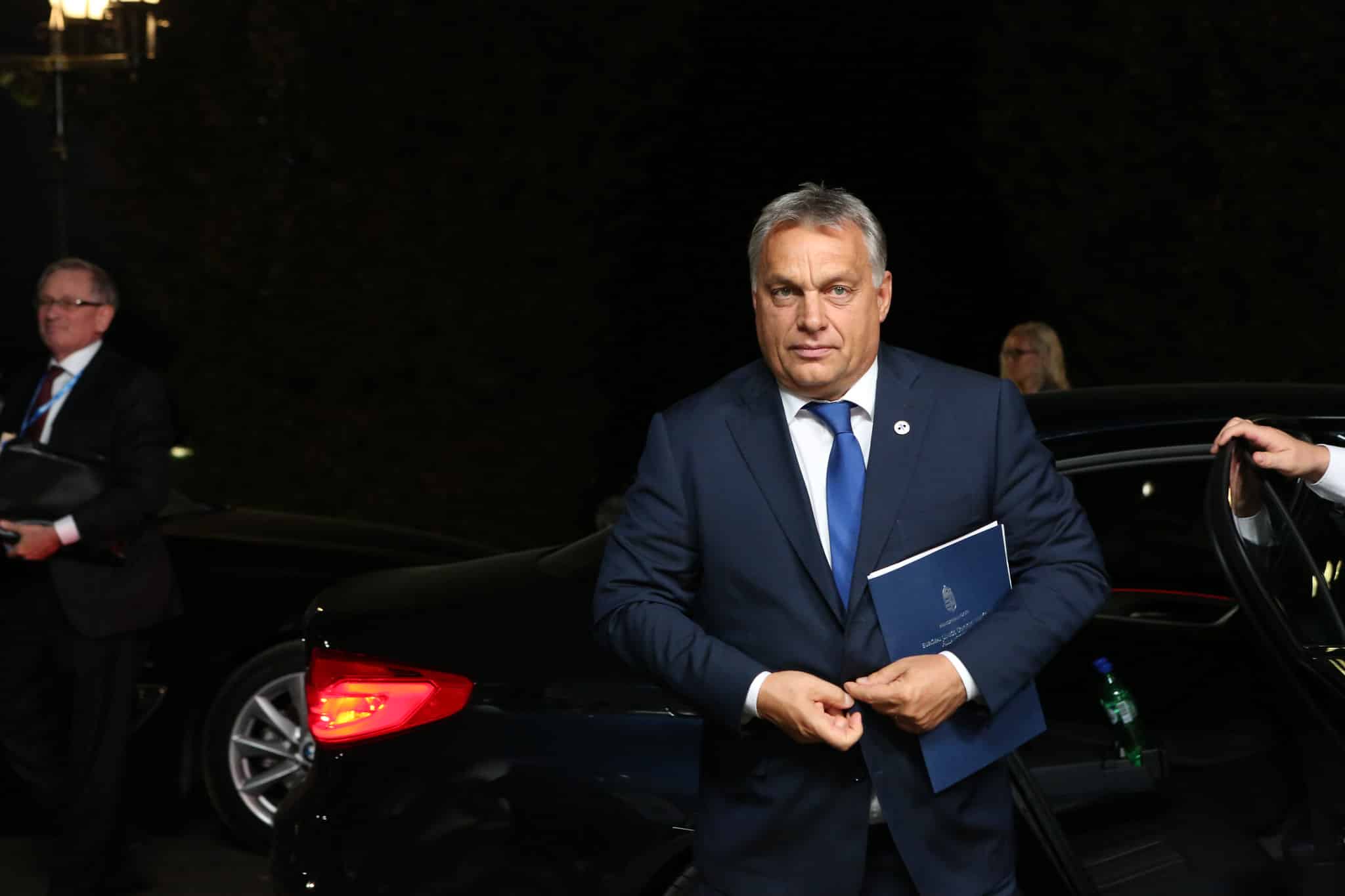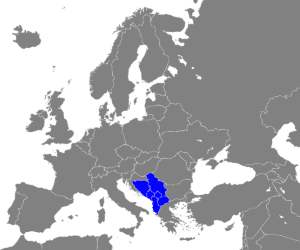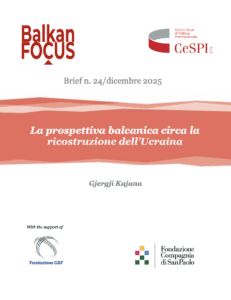Orbán in 2017 (Flickr)
The only partial democracy in the EU – according to Freedom House Index – Hungary, is set to continue its anti-Brussels autocratic course. Nationalist Prime Minister Viktor Orbán scored a landslide victory at the parliamentary polls last Sunday, April 3. Orbán’s Fidesz party took 53 percent of the vote, a wide margin compared to the united opposition, which got 35 percent. Seventy percent of eligible voters went to the polls. Orbán takes a supermajority, two-thirds of seats in parliament, giving him a boost in continuing autocratic politics in Eastern Europe. His landslide victory could have major consequences on the region – both regarding the Russian invasion of Ukraine, and the relation of Western Balkan states to the EU.
Hungarian opposition could not deliver
Hungary and its “competitive authoritarian” system immensely hamper the opposition’s chances of threatening Orbán from winning re-election. The media-landscape, election irregularities and ‘ ‘gerrymandered’ districts all heavily favour Fidesz. Through ‘gerrymandering’, political parties change voting districts in their own favour, to gain a maximum amount of seats with their constituency. In the difficult Hungarian electoral system, the united opposition needs 3 to 5 percent more votes than Fidesz to win a majority in parliament.
Still, the united opposition, led by centre-right pro-EU candidate Péter Márki-Zay polled well in the lead-up to the elections. On March 18, they trailed Fidesz by 2 percentage points (48-46%). The undecided voters would decide the elections.
The war in Ukraine eventually aided Orbán and Fidesz to a large win. While Orbán positioned himself as a PM for peace and stability, he wishes to refrain from action towards the Kremlin. Meanwhile, the opposition called for aligning Hungary with NATO and EU policies. Pro-government media were quick to frame Márki-Zay, saying he would draw Hungary into the conflict. For this reason, many Hungarian voters voted for the incumbent PM.
Also, the fall of Jobbik is important to mention – this former radical right party was now included in the united opposition. As Márki-Zay acknowledged after his defeat, the opposition was ideologically too divergent, and many former Jobbik voters had now switched to Fidesz.
Orbán’s stance towards Russia
Since 2010, when Orbán came to power in Hungary, the PM developed close relations with authoritarian powers such as China and Russia. Orbán is a long-time ally of Vladimir Putin and the Kremlin. Since the Russian invasion of Ukraine, Orbán is in an awkward position. On the one hand, he has supported the first measures against Russia, and presented himself to NATO and the EU as a trustworthy ally in the conflict. This image quickly soured, as Hungary delayed some major sanctions, troubling Orbán’s relationship with close ally Poland in the Brussels-defiant Visegrad Group. Furthermore, Orbán refuses to deliver military aid to Ukraine or the transportation of military equipment through its territories. His government also starkly opposes a ban on Russian energy imports into the country.
Just before the elections, Ukrainian President Volodymyr Zelensky called Orbán out on his awkward relationship with the Kremlin: “Listen, Viktor, do you know what’s going on in Mariupol? And you hesitate whether to impose sanctions or not? And you hesitate whether to let weapons through or not? And you hesitate whether to trade with Russia or not? There is no time to hesitate. It’s time to decide already.” However, after Orbán’s large victory in the elections, it seems improbable that he will change his dual strategy towards the Kremlin and Brussels.
Wider implications for the Eastern European region
Moreover, it seems that Orbán is more than willing to take Brussels to a confrontation. In his victory speech, he thwarted Brussels by saying that “we have scored a victory so big that it can be seen even from the Moon, but definitely from Brussels.”
Last month, Brussels’ top court paved the way for Hungary to be cut on subsidies if it does not respect the Union’s values. The European Commission has now started this procedure after the Union’s values were clearly breached during the Hungarian election process.
Orbán’s competitive authoritarianism has inspired various leaders in Eastern Europe and the Western Balkans, who have replicated his tactics. For years, he has shown that it is possible to conduct authoritarian strongman politics from within the EU, damaging the credibility of the Union in the region. In the Western Balkans, Serbia’s President Vučić has won general elections, also on April 3, in a similar fashion. The united opposition in the country did not stand a chance against the unfair benefits of his ruling party during the elections. Bosnia’s Milorad Dodik, the President of the Republika Srpska entity of the country also uses similar tactics towards crucial October 2022 elections, threatening the viability of the Bosnian state.
During these troublesome geopolitical times, the stability of Eastern Europe and the Western Balkans is crucial. Many states and their citizens in this region wish to start EU admission as soon as possible. The autocratic influence of Orbán can spoil EU enlargement, as he will continue to empower autocratic forces in the region. An authoritarian surge surely postpones EU enlargement again, as candidate states have to demonstrate their commitment to EU values. It is crucial for the EU that if Orbán wishes to take a spoiler’s role in the region, he accepts economic consequences. The Union should be ready to impose financial measures upon Hungary.
Sources: Radio Free Europe GMF Republikon.hu Giro di Vite Euronews I Euronews II Trouw Politico
Photo: Flickr



